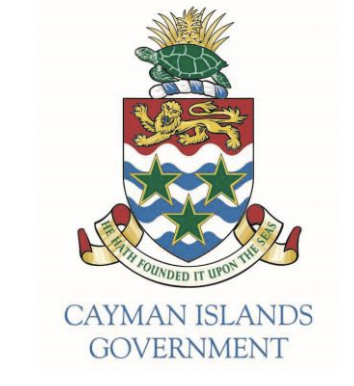Cayman: Privy Council Upholds Court of Appeal Ruling on Referendums

The Privy Council has upheld the Cayman Islands Court of Appeal ruling on people-initiated referendums.
The Council, on 28 April 2021, refused a local initiative to seek the Council’s leave to appeal the Appeal Court’s ruling of 8 July 2020. As a result, the Court of Appeal’s clarification on Section 70 of the Cayman Islands Constitution on people-initiated referendum legislation remains the law.
The Privy Council has refused leave/permission to Ms Shirley Roulstone of the Cruise Port Referendum campaign to appeal the Court of Appeal ruling that there is no need for the Cayman Islands to enact a general referendum law for bringing into effect people-initiated referendums.
The background for the Privy Council decision is as follows:
In its 8 July 2020 ruling, the Court of Appeal disagreed with the ruling of the Grand Court (by Acting Judge Hon. Tim Owen) made on 2 March 2020 on action sought by the Cruise Port Referendum campaign. The Grand Court had ruled, among other things, that Section 70 of the Constitution requires Parliament (then the Legislative Assembly) to enact a general referendum law for holding people-initiated referendums.
The Court of Appeal on 8 July 2020 disagreed with this ruling. The Court had said, among other things, that to require a general law would be a more restrictive interpretation of Section 70 than an interpretation which gives the Parliament a choice between a general or a specific law.
The Court also pointed out that a general law may make it difficult to make provision for the details of a particular referendum according to its subject matter, and more difficult to reflect the circumstances of the background to the particular petition.
Accordingly, the Court confirmed that the right to participate in a fair and effective people-initiated referendum can be fully protected by a referendum specific law.
The Court stated that the substance of the fundamental right of every Caymanian voter guaranteed by Section 70 is to participate in a fair and effective people-initiated referendum. Since that right can be fully protected by a referendum specific law, and because of the clear textual indication from the use of the terms “a law†and “a referendumâ€, the Court concluded that it is clear that section 70 does not require a general framework law.
Following this, Ms Roulstone had sought the Privy Council’s leave to appeal the decision of the Court of Appeal, thereby seeking a general referendum law for people-initiated referendums.
The Privy Council has now refused to grant the leave. The Council’s refusal of permission in effect means that Section 70 of the Constitution does not require a general referendum law. Instead it is permissible for the Parliament to enact separate pieces of legislation for each referendum as has been done each time a people-initiated referendum has been held so far.
The Privy Council, in refusing permission to appeal, has stated that having considered written submissions from Ms Roulstone and the Cabinet and the then Legislative Assembly, it agrees that the permission should be refused on the ground that Ms Roulstone’s appeal “… does not raise an arguable point of law of general public importance that the board should consider at this timeâ€.
The Chambers of the Attorney General welcomes this very helpful clarification of the Constitutional position, given the understandable public interest surrounding this issue.





